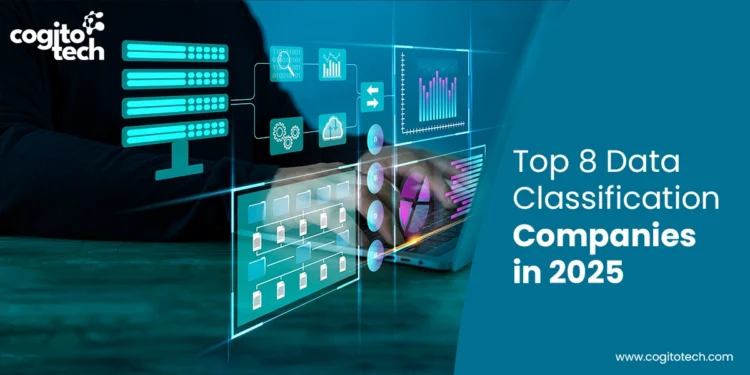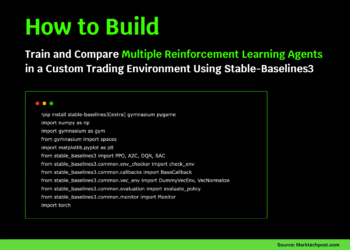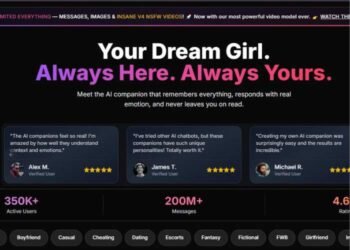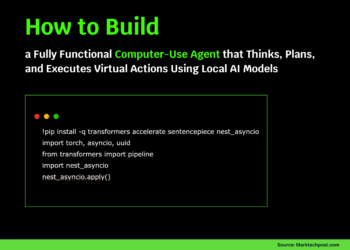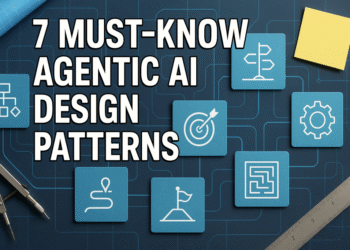The demand for top data classification companies has also increased, as it is no longer just a security checkbox, but a foundational capability for AI, compliance, governance, and operational efficiency.
What is data classification?
Data classification is the process of categorizing data based on its sensitivity, type, and value to the organization. It helps organizations understand the value of their data, determine whether the data is at risk, and apply relevant measures to mitigate risks. It also enables an organization to comply with industry-specific regulatory requirements, such as HIPAA, PCI DSS, and GDPR.
What Makes the Best Data Classification Company in 2025
As we head deeper into 2025, more organizations are turning to specialist data classification firms and platforms that excel at scalable and automated classification. Before we jump into the list, here are key traits to evaluate:-
- Scalability – Handling massive volumes of data across cloud, on-premises, and hybrid environments.
- Automation – The ability to use machine learning, pattern recognition, NLP, or other AI techniques to reduce manual tagging.
- Contextual sensitivity – Not just scanning for keywords, but understanding context (e.g., “apple” as a fruit vs. “Apple” as a company)
- Compliance & auditability: Logs, transparency, ability to prove classification decisions for regulators.
- Multimodal support – Ability to classify documents, images, audio, video, etc.
Best 8 Data Classification Companies in 2025
Cogito Tech
In the realm of artificial intelligence, the quality of data directly influences model performance. Cogito Tech tops the chart among the top data classification companies. It provides data classification services that allow businesses to arrange their data according to its importance, sensitivity, and potential applications. Their process leverages both human expertise and AI-driven tools to ensure that data is accurately categorized and enhances decision-making.
Key Features:
- Segregation of relevant data according to parameters like sensitivity, confidentiality, and regulatory requirements ensures that organizations can manage and access their data appropriately.
- Enhanced data security by systematically identifying data that requires additional security measures, such as encryption or access control, Cogito Tech helps organizations protect sensitive information and share it securely.
- Regulatory compliance enables organizations to meet relevant regulatory requirements, such as HIPAA, PCI DSS, and GDPR, by handling data in accordance with applicable laws and industry standards.
Anolytics.ai
Anolytics provides scalable data classification services, enabling businesses to organize data by sensitivity, business relevance, and compliance requirements. This enhances data security, governance, and analytics accuracy while ensuring regulatory compliance.
Key Highlights
- Categorizes data based on sensitivity (public, internal, confidential, restricted).
- Enhances data security, access control, and risk management.
- Improves efficiency in storage, retrieval, and analytics.
- Ensures compliance with standards like SOC 2.
- Combines human expertise with AI-driven methods for high accuracy and scalability.
Forcepoint
Forcepoint’s data classification solution leverages its AI Mesh technology—a networked AI architecture utilizing a Small Language Model (SLM) and advanced AI components—to deliver highly accurate and efficient data classification. This system enables organizations to classify data types, including unstructured data such as emails and documents, with exceptional precision.
Key Highlights
- AI Mesh Technology to employ a connected AI architecture with a Small Language Model and advanced AI components to boost efficiency and reduce false positives.
- Broad data type coverage to classify varied data types, including unstructured data like emails and documents.
- No extensive user training is required to integrate seamlessly with existing systems, minimizing the need for extensive user training.
- Enhanced Data Security to improve data security by accurately classifying sensitive information, ensuring better protection measures.
Securiti.ai
Securiti offers data discovery + classification as part of its broader data security & privacy platform.
- Automatically classifies files, labels them, and tags metadata to support privacy, retention, and compliance workflows.
- It works with unstructured data sources, including SMB and NFS shares, as well as cloud storage.
PKWARE
PKWARE’s data classification solution enables organizations to categorize and secure data based on predefined policies, ensuring no downtime and a seamless experience for teams.
Key Highlights
- Policy-based classification categorizes data based on its sensitivity, importance, or the potential impact of a data breach.
- Seamless integration ensures no downtime and a seamless experience for teams during the classification process.
- Comprehensive data security is part of PKWARE’s broader data discovery and protection solution. It locates and secures sensitive data across devices and environments.
- Enhanced risk management minimizes organizational risks and costs by providing visibility and control over personal data, thereby improving overall security.
- Regulatory compliance ensures compliance with various data protection regulations by classifying and securing sensitive data appropriately.
Varonis
Varonis delivers comprehensive data discovery and classification solutions. Their service combines advanced AI with rule-based pattern matching to identify and label sensitive data across cloud, SaaS, and on-premises environments. This dual approach ensures 99% accuracy at scale, enabling organizations to gain deep visibility into their data landscape and effectively manage data risks.
Key Highlights
- Comprehensive data coverage supports the classification of a wide range of data types, including PII, PCI, PHI, and intellectual property.
- Customizable classification rules to offer customizable classification rules to meet specific organizational needs.
- Seamless integration with various data platforms, enhancing data security and compliance efforts.
- Real-time data visibility to provide real-time visibility into data access and usage, enabling proactive risk management.
BigID
BigID offers an advanced data discovery and classification solution that provides comprehensive visibility into sensitive and regulated data across cloud, SaaS, on-premises, and hybrid environments. Leveraging machine learning (ML), natural language processing (NLP), and deep learning, BigID enables organizations to discover, classify automatically, and map data, including personal information (PII), personal health information (PHI), intellectual property, and other sensitive data.
Key Highlights
- Comprehensive data coverage to support data discovery and classification across structured, unstructured, and semi-structured data in cloud, SaaS, on-premises, and hybrid environments.
- Customizable classifiers to offer hundreds of out-of-the-box classifiers and the ability to create custom classifiers to fit specific business needs.
- Zero-configuration discovery to provide no-setup scans for quick wins like cloud migration preparation, data risk assessments, and rapid compliance audits.
- Integrated data mapping automatically maps PII and personal information to identities and entities, providing a comprehensive view of data relationships.
- Policy-driven controls to apply policy-driven controls for privacy, security, retention, and residency across the data landscape.
Sentra
Sentra offers an AI-powered, cloud-native solution that automates the discovery and classification of sensitive data across structured and unstructured sources, including databases, documents, images, audio files, and user-generated content. Utilizing proprietary large language models (LLMs), Sentra achieves over 95% classification accuracy, providing granular context and metadata tagging to enhance data security and compliance efforts.
Key Highlights
- Comprehensive coverage discovers and classifies data across IaaS, PaaS, SaaS, and on-premises environments, including shadow data.
- Contextual tagging provides granular metadata tagging to enhance data security and compliance efforts.
- Agentless operation operates without requiring agents or connectors, ensuring data privacy and scalability.
- Integration with DLP enhances existing Data Loss Prevention (DLP) solutions by providing accurate data classification and reducing the frequency of false positives.
Conclusion
In 2025, data classification has become more competitive as the best data classification companies are those that combine AI, governance, and domain context into a seamless experience. In this blog, we have highlighted eight top leaders in data classification, each bringing unique strengths, including AI-driven contextual tagging, regulatory compliance automation, and seamless hybrid-cloud scalability. Choosing the right partner depends on business priorities—whether it’s compliance-first, AI-readiness, or deep security integration. However, the message is clear: robust, intelligent data classification is now a foundation for digital trust and competitive advantage.

